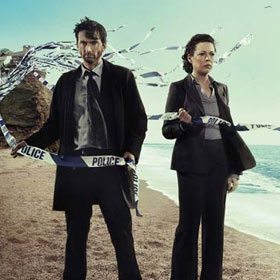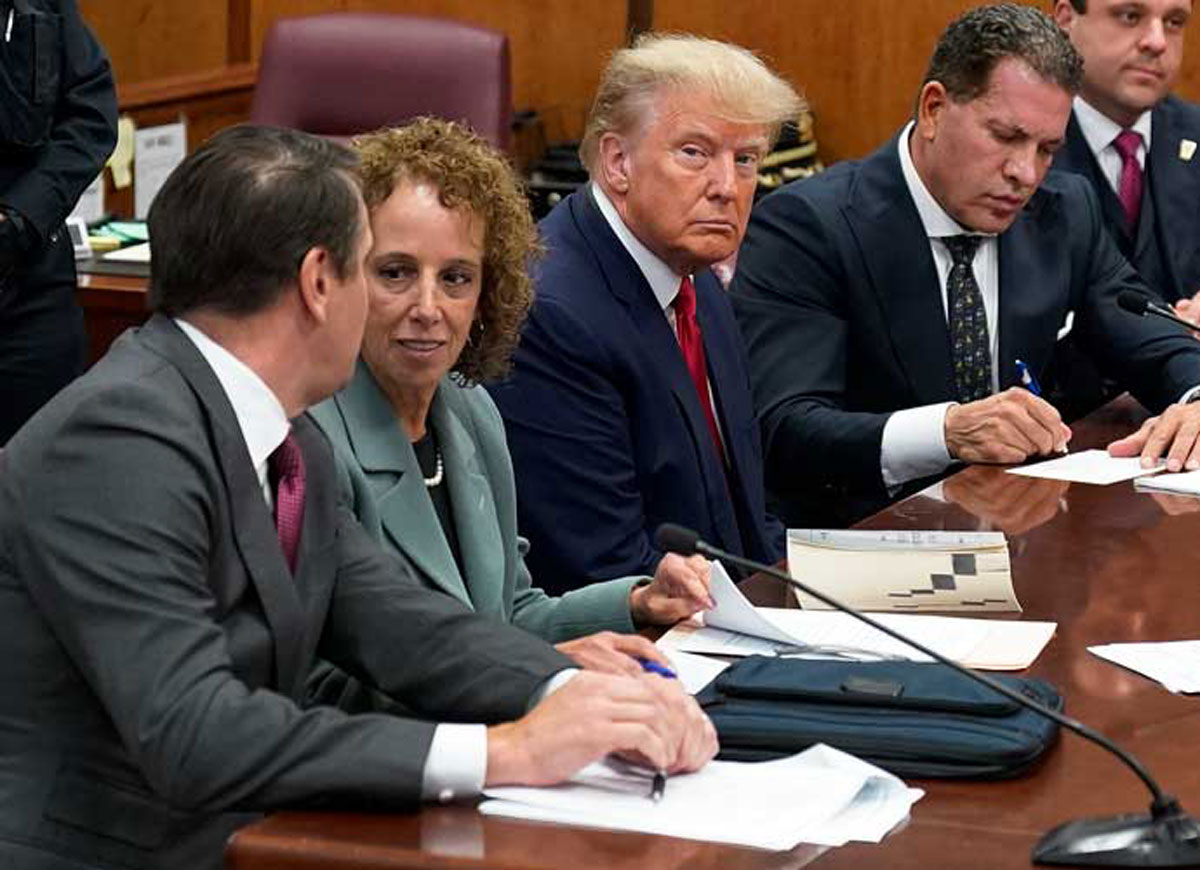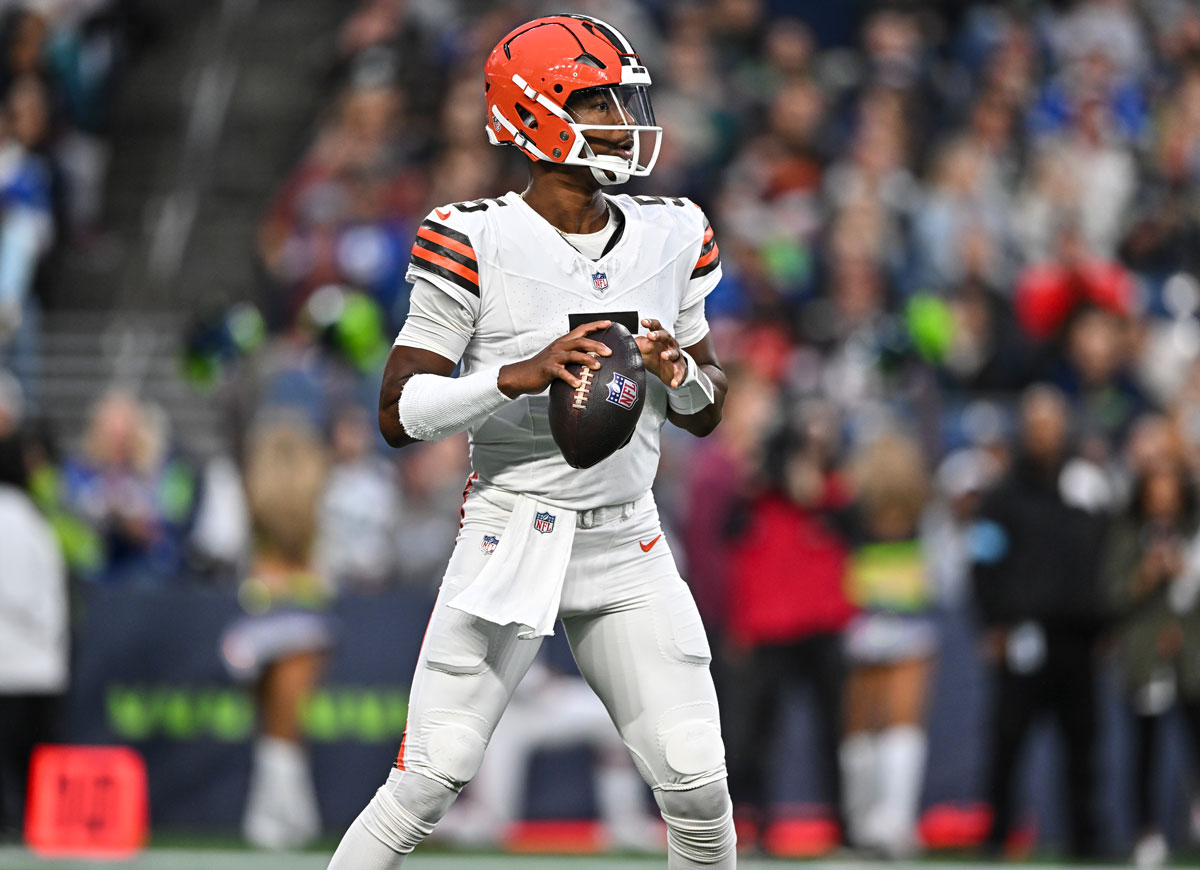'Broadchurch' TV Review: Jack Marshall Emerges As A Main Suspect And Paul Coates Is Hiding Secrets

4/5
Broadchurch found a prime suspect in Jack Marshall and Hardy finally cracked a smile.
It finally happened. It took four episodes and several botched attempts, but it finally happened. Alec Hardy (David Tennant) smiled.
Yes, it’s true. This episode was so good that even the brooding, damaged, angry detective inspector had a laugh at dinner with DS Ellie Miller (Olivia Colman) and her husband.
This was an episode of many firsts, actually- the first time it dawns on the Latimers how odd it is that Danny’s death isn’t being covered by the press (“it doesn’t fit the right profile”), the first time Mark’s co-worker, Nige, does anything but smile and laugh; the first time Olly, Miller’s nephew and a local reporter, becomes a real human being with problems instead of just a nosy bastard with a ridiculous ego; the first time the Latimers socialize, having a Sunday dinner with friends and family- the list goes on.
Delightfully, David Tennant also lapses briefly into his previous life as the Doctor (Doctor Who), when, upon finding valuable forensic evidence, he puts on his glasses, leans in quite closely to examine it, and yells “OUTSTANDING!” Becoming visibly excited about something morbid, deadly, or unconventional is a signature of the Doctor- so much so that when he stood up and began to discuss the development with Miller, I half expected him to come up with some insane theory and say, with enthusiasm, “allons-y!”
I have long stood by the idea that even when something is formulaic, if the formula works, go with it. This is rapidly becoming applicable to Broadchurch. It’s like this: in the first step, DS Ellie Miller and DI Alec Hardy bring an unambiguously shady suspect in for questioning, the audience responds with: “I KNOW YOU HAD SOMETHING TO DO WITH IT. WE’RE ON TO YOU AND SO ARE THE POLICE.” In the second step, the police question them. It turns out that the unambiguously shady character you suspected the whole time is actually totally ambiguous and is, in fact, a human being. Next and final step: cry. A lot.
That was especially true in the latest, and very harrowing, episode of Broadchurch. Jack Marshall (David Bradley), the elderly local shopkeeper, is still under fire from the press and town residents after the disclosure that he has been convicted in the past of a sex crime, the nature of which has not been revealed. Let’s be real: it’s pretty easy to hate someone who’s committed a sex crime, and when covering an investigation involving the death of a young boy it becomes just as easy to make him a scapegoat. Vigilantism is brewing. Police sympathy is waning. In the middle of it are a very scared Jack Marshall, a passionate and protective Paul Coates (Arthur Darvill) and a conflicted Mark Latimer (Andrew Buchan).
The pacing of this show may seem slow to some, but it is genuinely refreshing to see characters come into focus piece by piece in an organic way rather than thrown at the audience with a laziness that can be summed up as “okay, here they all are, you figure it out” (Newsroom, I’m looking at you). More importantly, the dubious nature of almost every character keeps viewers wary and on edge- “trust no one” may have been attributed to The X-Files but frankly, Broadchurch has that concept down to a science. Even the vicar, Paul Coates, becomes instantly dodgy when he is caught watching Miller and Beth Latimer have a heart-to-heart at a local park at 4 in the morning. When Hardy asks him later if anything has triggered the insomnia he has suffered for the past 7 years, he simply shrugs and hesitantly says “…no.” In Broadchurch speak, that definitely means “yes, and it was horrible and probably my fault.”
Darvill is fantastic in his role as the vicar. In the first couple of episodes, Paul is a startled, overwhelmed, seemingly uncomfortable man thrown unexpectedly into a role involving some degree of community leadership in a very trying time. He has risen to the occasion, lending his sensible counsel to many, helping when he can in more practical matters and ardently protecting his parishioners. When the media lynch mob comes after Jack, Paul confronts Hardy and Miller, demanding to know why Jack isn’t receiving police protection when a crew of photographers and reporters is harassing him. Somewhat troublingly, he also teaches a computer class and tutored Danny and Ellie’s son, Tom, on the subject. Paul’s proximity to the young boys, combined with the bizarre insomnia incident, throws him into a mistrustful light. As the vicar, Darvill explores these nuances wonderfully; the multi-faceted, complex character is exploding with potential and I am eager to see more of him.
When a dark and major secret emerges about Jack Marshall, the local shop owner who also managed Danny’s paper route, it is from investigative work done by the local journalists. The two journalists in this show would be easy to hate because they’re so obnoxious and conniving, but their detective work is complementing the police wonderfully, even if the end use of the information they uncover varies greatly from that of the detectives (and even if their forward thinking infuriates Hardy). This creates a conflict for viewers, because while the police and investigators pursue the leads that they find suspicious, the newspaper follows up on people that are more stereotypically of interest that have appeared suspicious to viewers from the very start: the elderly, crabby shopkeeper and the sketchy and surly landlady with the dog.
The latter character is Susan Wright (Pauline Quirke) – or Elaine Jones, depending on what newspaper she’s in. When Maggie (Carolyn Pickles), the editor for the Echo, becomes a little too vocal about her suspicion, there is a confrontation where Susan/Elaine whispers a threat in her ear: “I know men who would rape you.” Lots of things are intense and scary in Broadchurch, but that line is absolutely chilling. A more common approach would have been a death threat, but a rape threat? It’s jarring simply because it’s so much more realistic. Statistically, a murder is unlikely, but rape, tragically, is not. Even if she is a one-dimensional character (so far), Susan/Elaine is the creepiest of the bunch.
Even though they are a superficially stereotypical assembly of characters, as Broadchurch develops, the superficial melts away. No one is as evil, good, or innocent as they seem. It is heart breaking to think that even the people that seem good almost to a fault are probably the ones who have suffered, or will suffer, the most. There is serious foreshadowing as Miller stands at the door to the church, and, verbally noting the major focal points visible from where she stands, says to Hardy: “I hate what I’m becoming.”
“A good detective?”
“…Hardened.”
In a particularly moving segment of the show, Mark and Joe (Ellie’s husband) arrive just in time to intercept a crowd of locals descending upon Jack’s home. Mark doesn’t know for sure what kind of crime Jack committed, and, more importantly, he doesn’t know for sure that Jack didn’t kill Danny- he is acting out of pure goodwill and trust. Mark’s actions act as a showing of basic humanity during a time when the Latimer family isn’t sure there is such a thing. Maybe Jack isn’t a monster- maybe the two men have more in common than originally thought. This completes the second step of the Broadchurch formula. The last step- well, let’s just say the show outdid itself this time.
After the heart-breaking end of this episode, the audience is left to limp towards the 6th installment of Broadchurch, airing Wednesday at 10 p.m. on BBC America.
<iframe width="560" height="315" src="//www.youtube.com/embed/hPcU2UA4xCQ" frameborder="0" allowfullscreen></iframe>
RELATED ARTICLES
Get the most-revealing celebrity conversations with the uInterview podcast!







Leave a comment